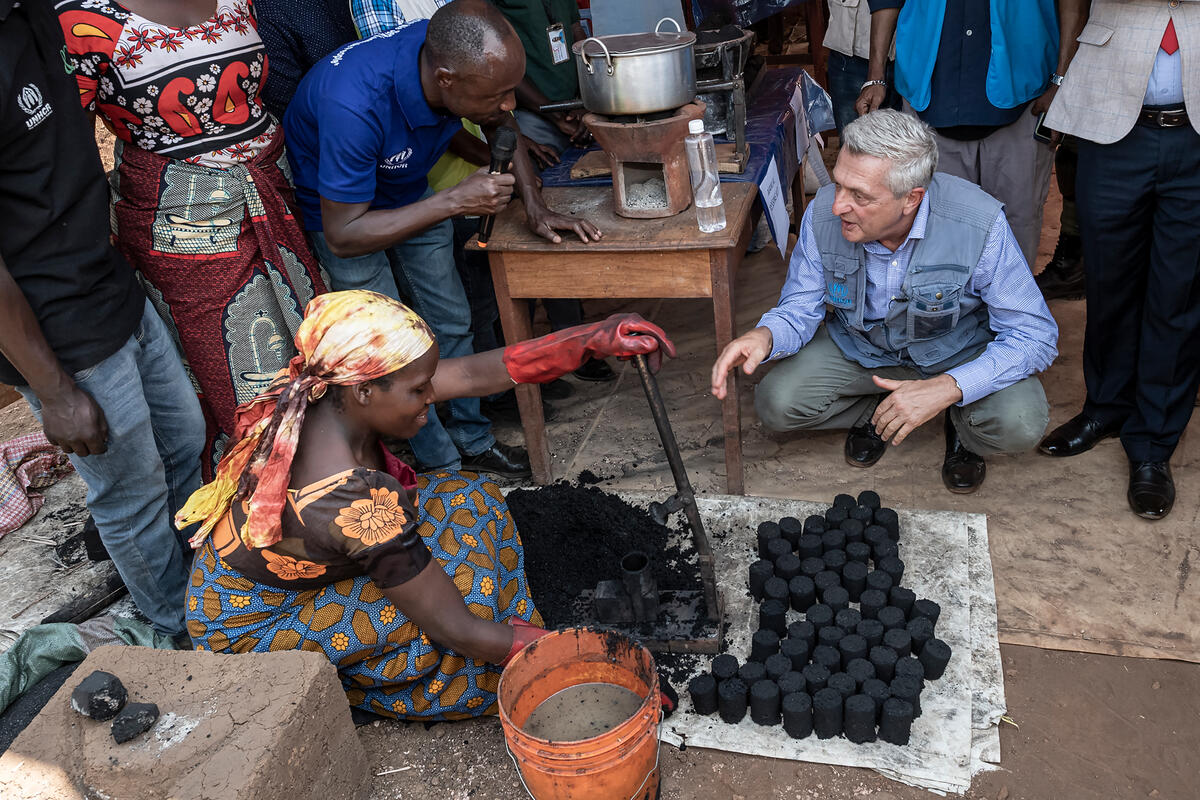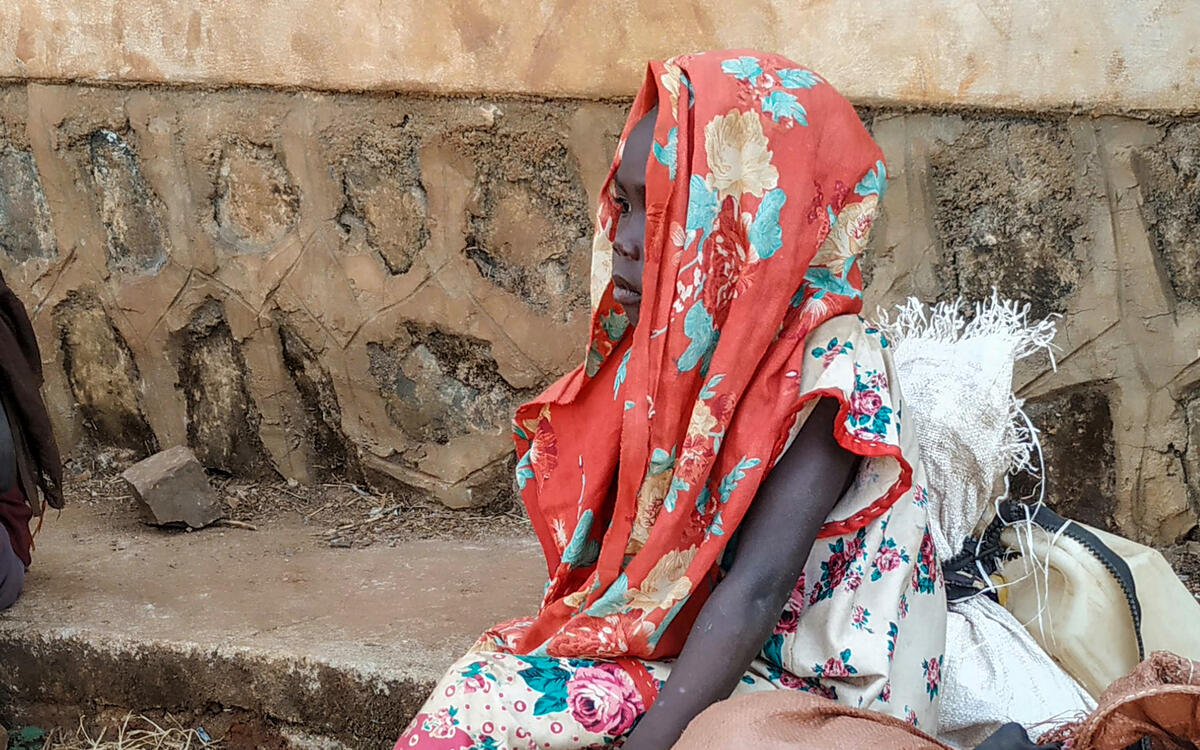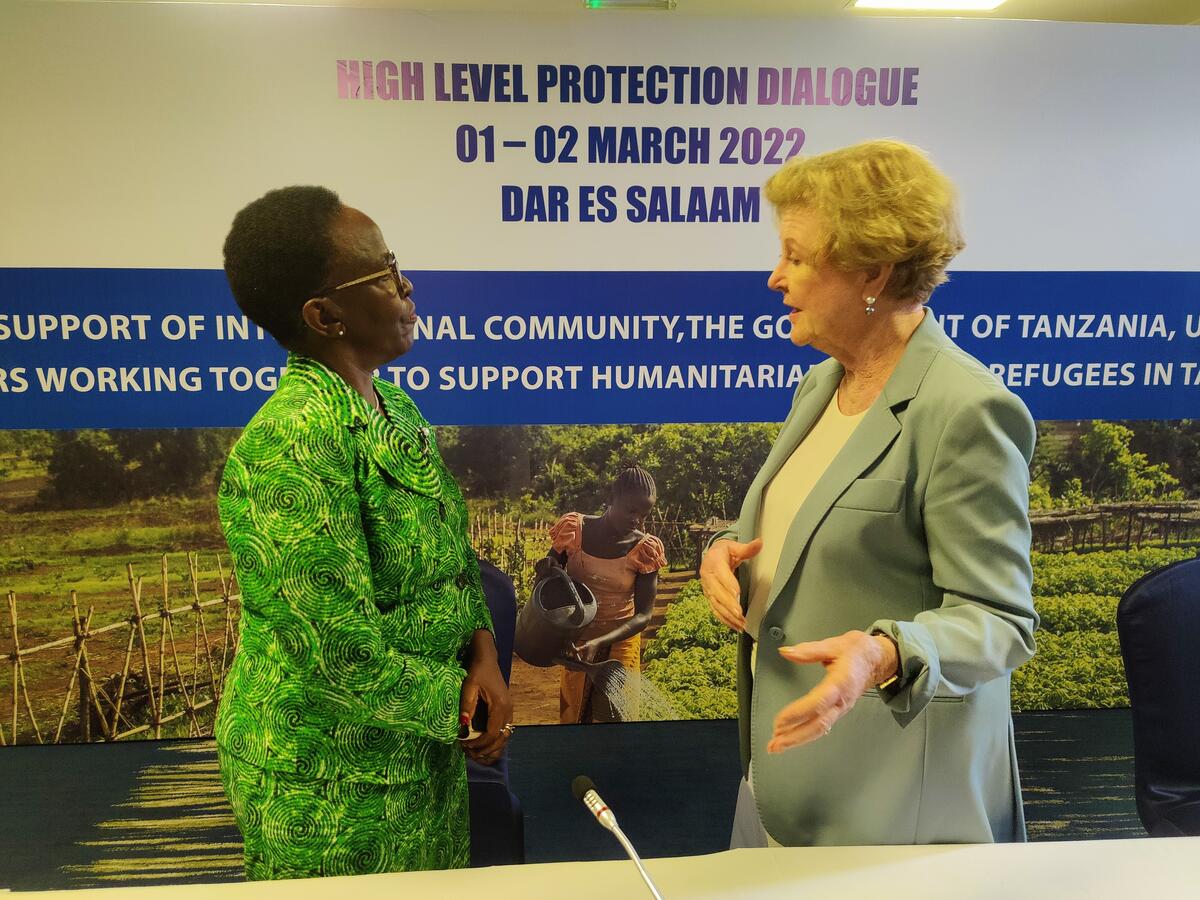Tanzania: Nduta Burundian refugees relocated as camp closes
Tanzania: Nduta Burundian refugees relocated as camp closes
Following UNHCR's initiative, the Tanzanian government has scheduled the closure of the Nduta camp for Burundian refugees in north-western Tanzania at the end of this month. We are currently in the process of relocating the 10,000 remaining refugees from Nduta to Mtabila camp. As of January, Mtabila will be the only camp in Tanzania hosting the remaining 46,450 Burundian refugees who fled their homeland in the 1990s.
For almost four decades, Tanzania has been the main host country for hundreds of thousands of Burundian refugees who fled ethnic tensions and armed conflict in their home country in two big waves - first during the early 1970s and then again in the 1990s. In 2000, Burundians were one of the largest refugee populations in the world - second only to Afghan refugees.
UNHCR-organized voluntary repatriation of the Burundian refugees who fled their country in the nineties began in 2002 and it has been one of the most successful operations on the African continent. So far, we have organized and assisted the return of some 357,000 refugees, 63,000 of them this year. In addition, many more returned on their own and received assistance once they arrived in Burundi. We estimate that in total, more than 470,000 Burundians have returned home from Tanzania and other asylum countries over the past six years.
In a separate repatriation for the so called 1972 Burundians which was launched in March this year, another 30,000 people have returned. After 35 years, the breakthrough came in 2007 when the government of Tanzania indicated its intention to close the so-called 'Old Settlements' hosting Burundian refugees from 1972. The governments of Tanzania and Burundi expressed their wish to find lasting solutions for these refugees and worked with us on a strategy, bringing a closure to this long-drawn-out displacement chapter.
Tanzania has offered local integration, including naturalization and citizenship, to those Burundian refugees who fled their homeland in 1972 and wish to remain in the country. This year, some 165,000 refugees submitted their citizenship applications which are now being processed by specially dedicated teams from the government of Tanzania's immigration, police and other competent services.
In the meantime, together with the Tanzanian government, we continue the process of consolidating and closing refugee camps along the Burundian border. Over the past two years, six camps have been closed.
On December 10, we began the relocation of the remaining 10,000 refugees from Nduta to Mtabila camp. So far, more than 5,000 refugees have been relocated to the consolidation site, where six reception centres have been set up. Our team at Mtabila is working with partner organizations to finalize the entire relocation operation by next Tuesday (23 December).
UNHCR is gradually scaling back its operations in north-western Tanzania. We will, however, continue to work with other UN agencies - in the context of the UN Delivering as One pilot programme in Tanzania - on alleviating the consequences of protracted displacement and long-term humanitarian operations. We will address the rehabilitation of the environment and closed camp sites as well as aim to meet the needs of the local communities for continued health and education services.









